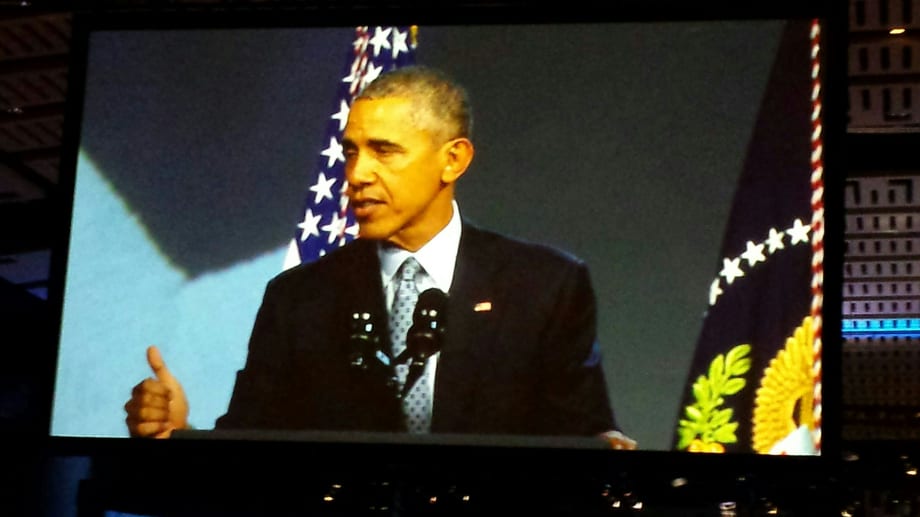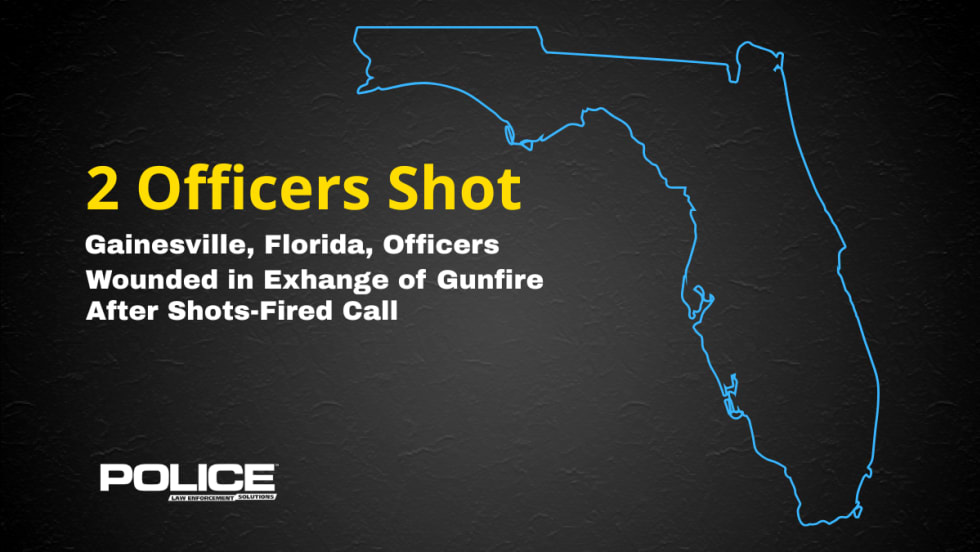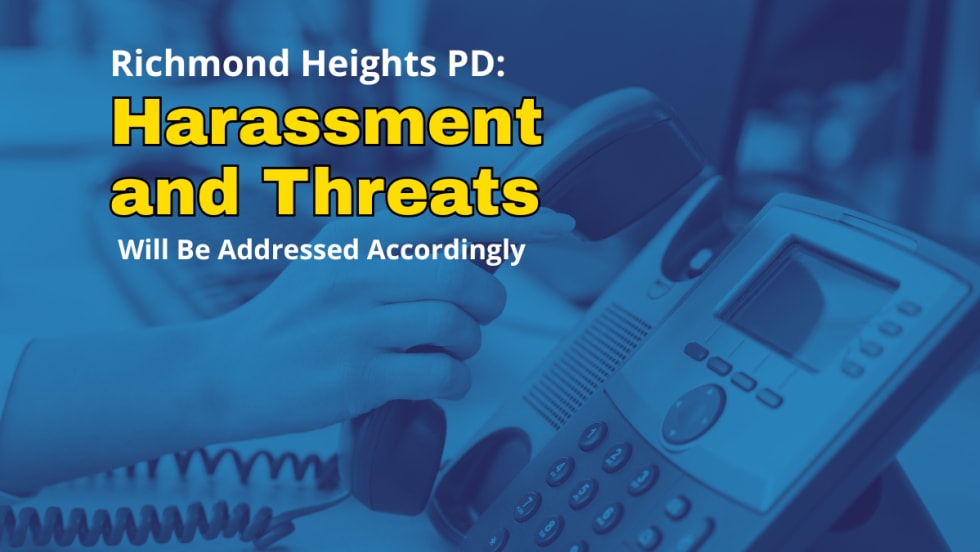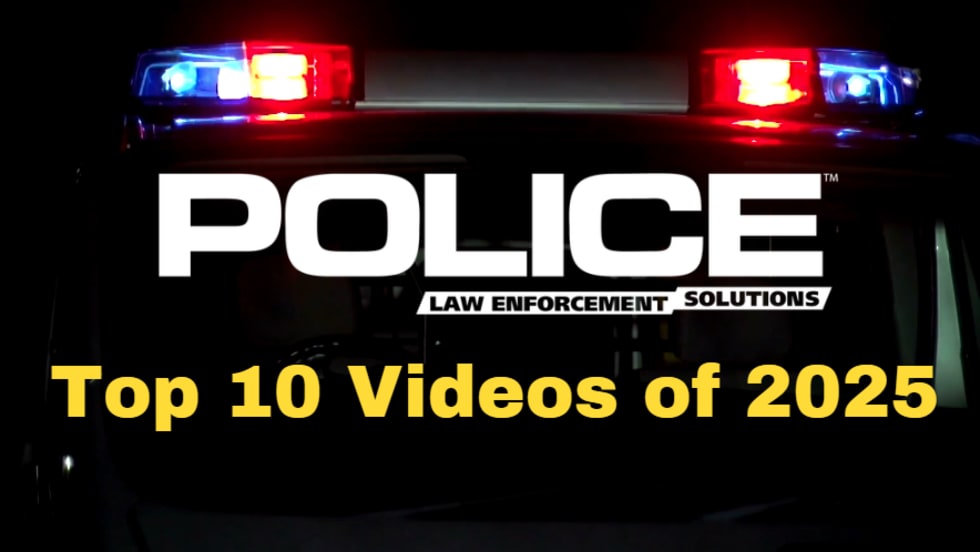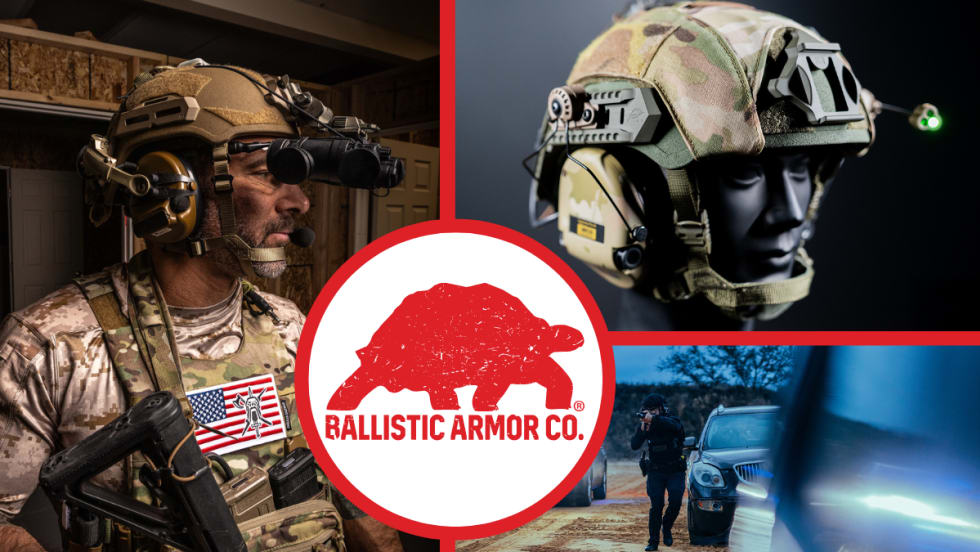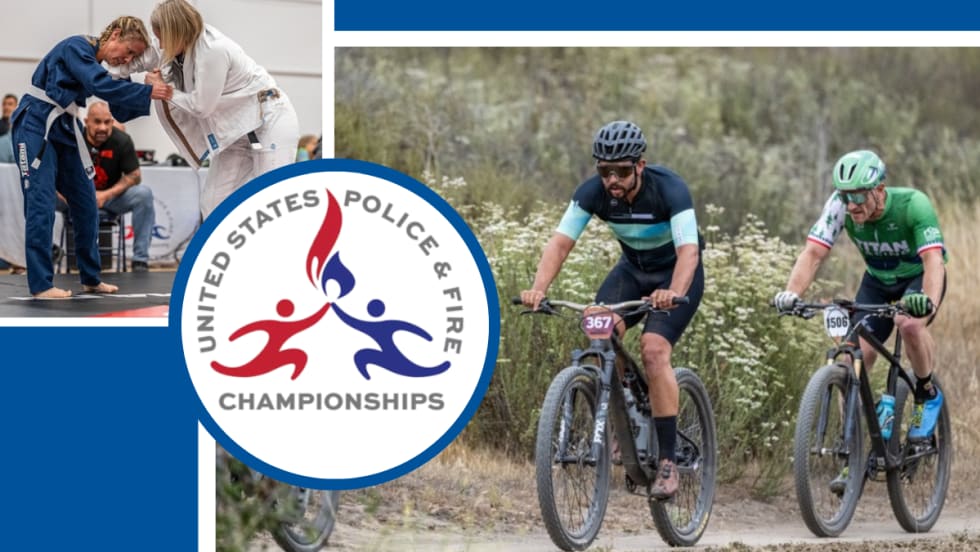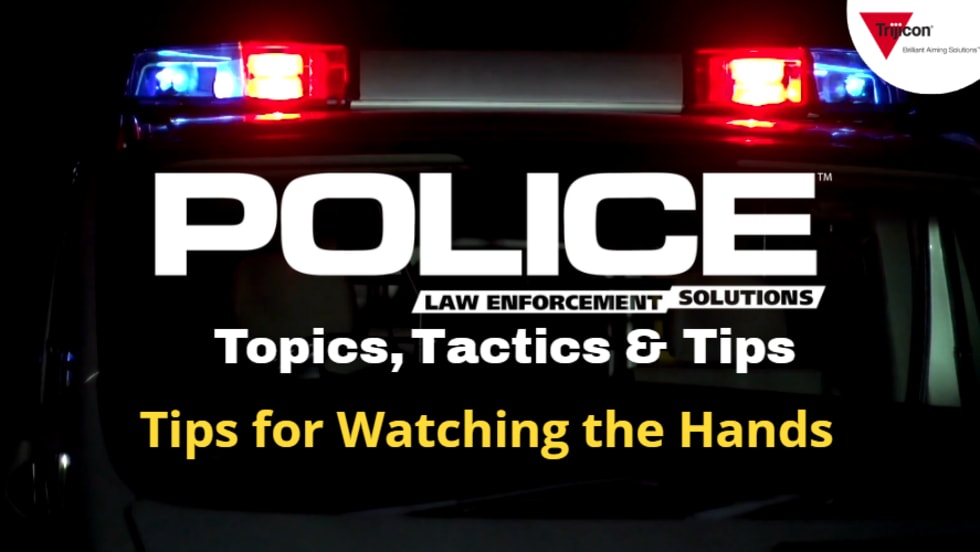Of course, each victim of crime is one too many. Each fallen police officer is one too many. (Applause.) I’ve spoken to too many families of the fallen — including right before I came out here — to not fully appreciate the pain and the hardship, the fear that so many families go through because police officers are putting themselves in the line of fire.
Moreover, because the spike in violent crime in a number of predominantly urban, minority communities is real and deeply troubling — and I want to make it very clear, this is not something that I just think of as being academic. I live on the South Side of Chicago, so my house is pretty close to some places where shootings take place. Because that’s real, we’ve got to get on top of it before it becomes an accelerating trend. And that’s why I’ve asked my outstanding Attorney General, Loretta Lynch, a former prosecutor, to work aggressively with law enforcement and prosecutors and leaders in these communities to find out exactly why is this happening, and then target resources where they will have an impact.
So for the remainder of the time that I am in this office, and then as a private citizen, I will do everything that I can to encourage cooperation, and work hard to make sure that the work that’s being done by law enforcement is appreciated and supported, and that we maintain this incredible progress that we’ve made in terms of reducing crime. But in order for us to do that, we do have to stick with the facts. What we can’t do is cherry-pick data or use anecdotal evidence to drive policy or to feed political agendas. If we stick with the facts and we maintain effective coordination across federal, state, and local agencies, then we’re going to continue the hard-fought progress that you and so many law enforcement officers have made over the past two decades that saves lives and keeps families intact.
Now, it’s to maintain this progress that I’ve spent a lot of time this year with people of all backgrounds working to reform our criminal justice system — to think about how can we make it work better. I visited a prison in Oklahoma, met with inmates and corrections officers. I just, last week, visited a community in West Virginia, and met with recovering substance abusers and those working on new solutions for treatment and rehabilitation. I’ve met with rank-and-file officers in the Oval Office, met with police chiefs in the White House, met with chiefs and rank-and-file officers in Camden, New Jersey, paid tribute to those who’ve fallen in the line of duty, and listened to families talk about what they’re looking for in terms of support.
And as I said in my State of the Union address this year, I am convinced that progress comes together when we work together, and we work together best when we’re willing to understand one another — when, instead of having debates over talk radio, we stop and listen to each other so that we can empathize with the father who fears his son can’t walk home without being mistaken for a criminal; and when we sympathize with the wife who can’t rest until her husband walks through the front door at the end of his shift.


